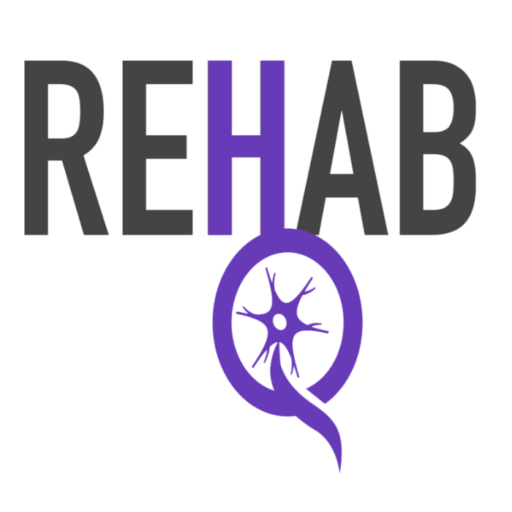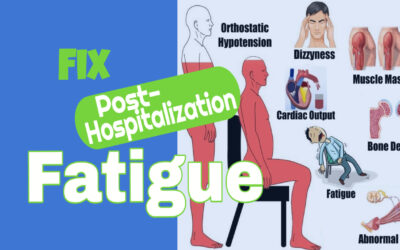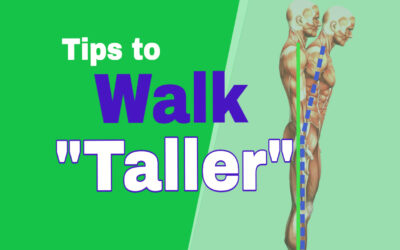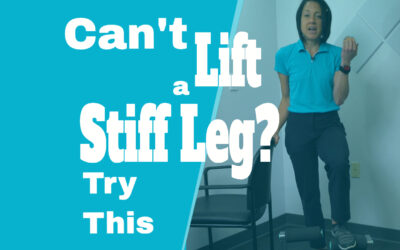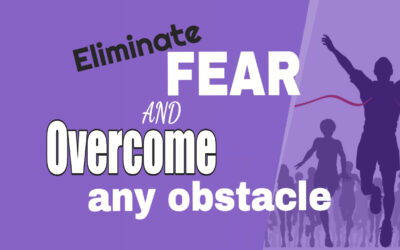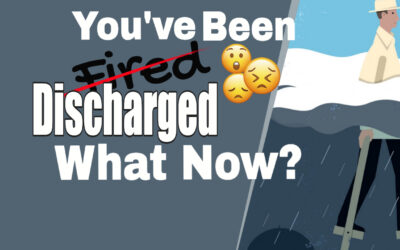Are You Missing the Nutrients That Help the Brain Heal Faster?
If you’re recovering from a stroke, you already know the process can feel slow, tiring, and confusing. You work hard on your exercises… but sometimes it still feels like your brain isn’t changing fast enough.
Here’s something most people never get told:
Your daily exercises aren’t the only thing that help your brain heal.
What you feed your brain may matter just as much as the exercises you do.
There are two nutrients that your brain leans on heavily after a stroke:
- Protein
- Creatine
How Protein Fuels Neurotransmitters
Protein (like chicken, eggs, beef, yogurt, or fish) is more than a food group, it’s the raw material your brain uses to communicate.
Here’s what makes it essential:
- It helps regulate appetite and blood sugar.
- It has a high thermic effect, meaning your body works harder to break it down.
- But most importantly for stroke recovery? Protein provides the amino acids that your brain uses to communicate, heal, and grow.
Those amino acids aren’t just floating around passively. They become neurotransmitters and growth factors, tiny chemical messengers and builders that your neurons rely to function.
Why Amino Acids Matter for Rewiring
After a stroke, your brain is working hard to build new pathways, almost like creating detours around damaged roads.
Amino acids give your brain the materials it needs to form new connections, strengthen the skills you practice in rehab, and support thinking, memory, and movement.
A few key examples:
- Dopamine (helps you stay motivated and focused)
- Serotonin (helps stabilize mood)
- Glutamate & GABA (help neurons turn signals “on” and “off” so learning and movement work properly)
When you’re rewiring your brain, learning to walk differently, speak differently, or coordinate new patterns, these neurotransmitters are the sparks and signals that help the new circuits form.
So yes, your repetitions matter.
But without protein?
You don’t have enough workers to build on the work you’re doing.
How Creatine Acts as the “Backup Battery” for Your Brain
Creatine often gets labeled as something only athletes use, but your brain depends on it too.
Your brain runs on energy called ATP. Every thought, every movement, every new connection uses ATP.
Here’s where creatine comes in:
- It helps your brain recharge ATP when energy runs low
- It supports learning and memory
- It gives your brain extra fuel during difficult tasks
Think of creatine as a portable charger you plug in when your brain is working hard, especially during rehab.
The important part:
Creatine only naturally comes from animal foods.
So if you don’t eat animal protein, you’re likely getting zero creatine from your diet. It’s a gap worth talking to your doctor about, especially during neurologic healing.
The REAL Connection Between Nutrition and Neuroplasticity
Protein gives your brain the building blocks, the scaffolding that supports new connections.
Creatine gives your brain the energy, the ability to power those connections into action.
Healing after a stroke isn’t about doing more all the time. It’s about doing the right things consistently and giving your brain what it needs to make the most of your efforts.
Neuroplasticity, the rewiring of the brain isn’t just about movement practice.
It’s about your brain having the energy and materials to make change happen.
Nutrition doesn’t replace rehab…
but it supports your rehab so your brain can make better progress.
Actionable Steps to Consider
1. Take an honest look at your protein intake.
Are you getting enough high-quality protein each day?
(Animal protein offers the full amino acid profile, but talk with your doctor or dietitian about what’s right for you.)
Try:
- Eggs
- Greek yogurt
- Cottage cheese
- Lean meats
- Fish
2. Ask your medical team about creatine.
A low-dose creatine monohydrate supplement is usually where people start.
Ask whether it’s safe for your kidneys, your medications, and your specific type of stroke.
3. Pair your nutrient support with intentional practice.
Once your brain has the raw materials and the energy, your therapy has a much better chance of sticking.
Choose one small movement or task that matters to you:
standing from a chair, stepping onto a curb, reaching into a cabinet
and practice it with intention.
4. Notice how you feel.
When your brain is well-fed, it often shows up in focus, attention, and energy.
Reflection Questions for Your Journey
What part of your recovery feels most “energy-draining” right now?
Could improved nutrition help support that?
Is there one small shift you could make this week, more protein with breakfast, or a conversation with your doctor, that could give your brain a little more fuel?
Does your current diet align with the healing your brain is trying to do?
If you’re ready for more structured guidance, feel free to explore our membership plans and take the next step toward the stronger, more confident version of yourself that’s waiting on the other side of this work. You can also schedule a discovery call to talk through your goals and challenges with someone who gets it.
Your brain is capable of more than you think.
Start fueling it like you believe that.
Articles you may be interested in
How full is it??
"It's better to be an optimist who is sometimes wrong than a pessimist who is always right." -Unknown There is so much about the brain that we don't know. With that said, we know even less when it comes to an "injured brain". The good news is that we are learning...
How to become a “high achiever” in Neuro Rehab
There are "high achievers" in every industry. Including in neuro rehab. I consider these the "outliers". The ones who did what others couldn't. They recover more movement than expected. High achievers have a different gear. And truth be told, it is not one that I...
Neuro Rehab: Your Mind Is Your Superpower
"Only you can decide how far you will go". It is true. Your mind is your super power. There are many who may disagree with me on this, but after 20 years of helping people who have suffered life changing injuries, my conviction is unwavering. You either believe you...
Neuro Rehabilitation: The Choice To Try
“Every accomplishment starts with the decision to try.” – JFK Yes, deciding to try is a choice. In my opinion, it is the only choice. "Choosing to try" (that impossible skill) is hard. What if you fail? What if you put in the time and you don't get your desired...
Post Hospitalization Fatigue: What causes it and how to do fix it?
Do you ever feel so tired, you don't even want to get out of bed? If so, you wouldn't be alone. There is a really good reason for this. Fatigue is an extremely common problem after a hospitalization. And sometimes, it has nothing to do with the reason you were...
Fix a forward flexed posture
Do you ever have any "well-meaning" therapist tell you to stand up taller? 😬🤷🏻♀️ Well, you would not be alone. This is a pretty common problem that has a few different root causes. What causes a forward flexed posture? Weakness Weak hip muscles can potentially lead...
Can’t lift a stiff leg? Try this.
Can't lift a stiff leg? This is a pretty common problem that has a few different root causes. Knowing the root cause is the best way to identify the best exercises. What can make it difficult to lift a stiff leg? Weakness Weakness in the muscles that flex the hip...
Spasticity: Does fear make it worse?
Fear can be a crazy thing. And in some cases can be the root cause of spasticity. Yup, negative emotions can actually make spasticity worse. And in this case, I am going to lump situational fear and anxiety together. What I mean is that maybe you are walking really...
Neurologic Rehabilitation: Master Turn Steps
Turn steps are a critical part of walking without fear of falling. It is also a critical step in neurologic rehabilitation. To understand how to master a turn step it is good to understand all of the little movements that are involved: What movements are required for...
Discharged from therapy. What now?
So, you have been discharged from therapy. So, what now? For some, this is a positive step in the rehab process. Some will understand right away that this is progress. On the other hand, for others it can bring up all kinds of negative emotions. "Is my therapist mad...
